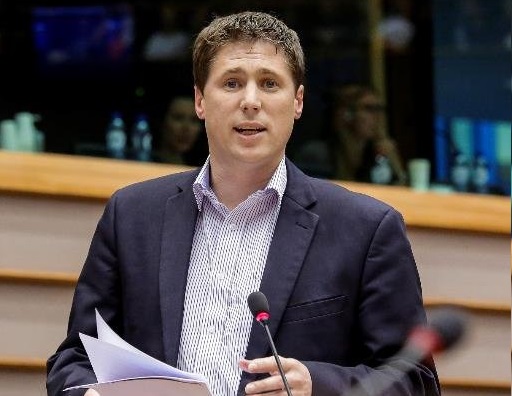
Leaving the European Union could see the end of the small family farm 'as we know it' in Northern Ireland, Sinn Fein have warned.
The prospect of tariffs, restrictions on free movement between the UK and Ireland as well as an 'inevitable reduction' in the amount of subsidies would create a 'negative impact', the party said.
Matt Carthy MEP said Irish agriculture operates much better on an 'all-Ireland' basis.
"It's too small a country to have farmers competing against each other on price and any barriers that are put in place will prove difficult," he said at the Enniskillen Farmers' Market.
"What special designated status means is that the North, to all intents and purposes, remains part of the EU - it remains part of the single market, the customs union and is able to draw down CAP funding into the future.
His colleague Michelle Gildernew said Brexit could see the end of the small family farm 'as we know it.'
"I think some farmers were convinced by political parties with a very narrow political agenda that they would be better off out of Europe and I think the realisation is coming home to them now that that is not the case," she said.
Arrangements
This month, Ulster Farmers' Union (UFU) said a 'transition arrangement' would be needed when a new agricultural policy is made.
UFU president Barclay Bell addressed Irish senators who are looking at the implications of Brexit.
About £300m a year comes to Northern Ireland farmers in subsidy payments.
Current support arrangements have been guaranteed by the UK government until 2020.
Sinn Fein MEP Martina Anderson believes that a Brexit deal can be arrived at, which will deliver continuing membership of the EU for Northern Ireland.
"There are numerous examples of arrangements that have been reached by the EU, which recognise the fundamental problems caused by borders," she said.
"I see no reason why Brussels and London cannot come up with a set of arrangements which maintains the current status quo, where cross-border trade and farm support measures are concerned."
